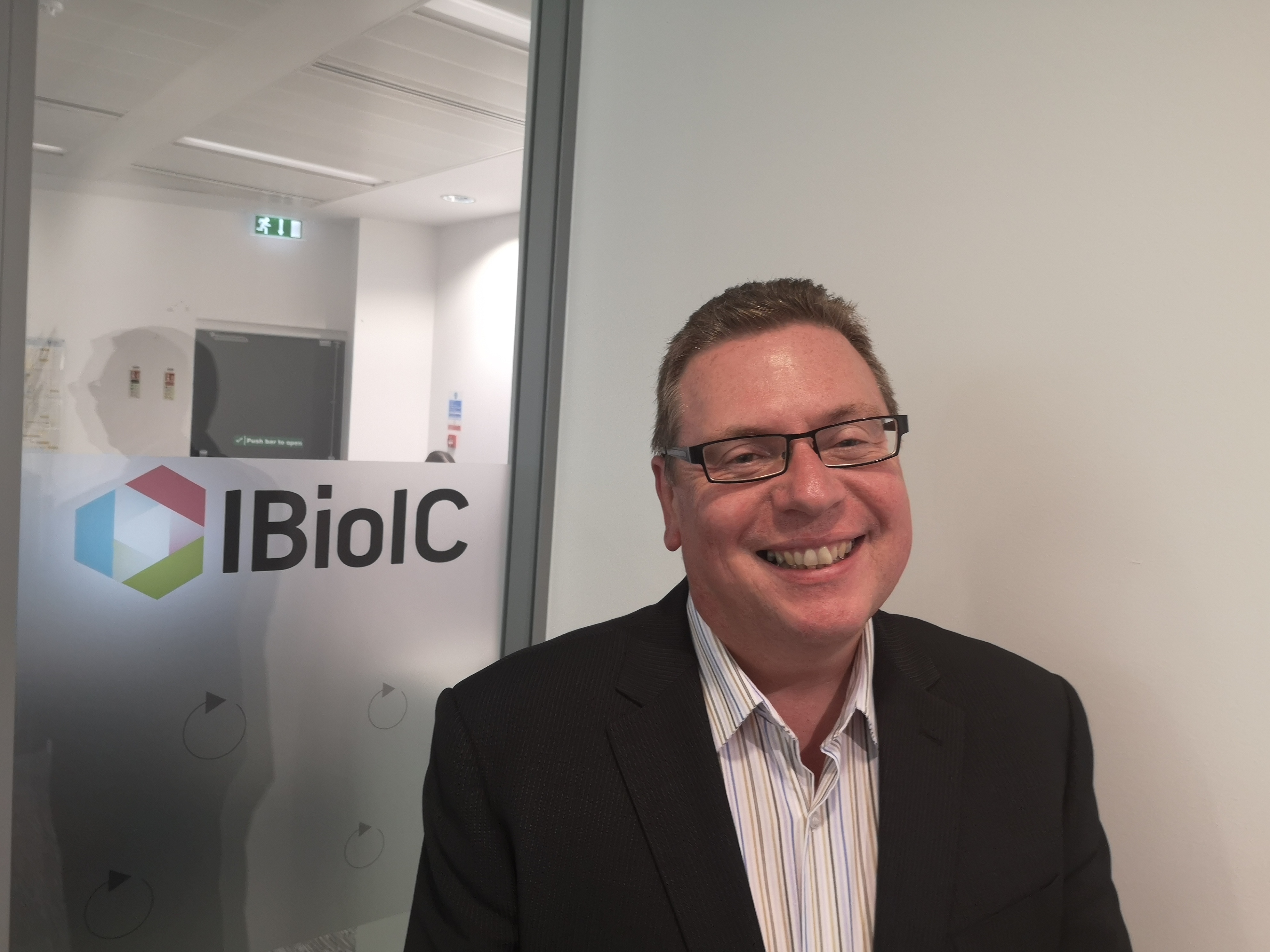Mark Bustard: Scotland’s opportunity to grow a new clean, sustainable economy
Mark Bustard, CEO of The Industrial Biotechnology Innovation Centre (IBioIC), details Scotland can grow a clean, sustainable economy in the wake of the coronavirus pandemic.

Mark Bustard
The idea of a net-zero carbon emissions and zero waste economy isn’t as far- fetched as some may think. The key promise of a bio-based economy is that we can grow the sources of raw materials for every day products. Industrial Biotechnology (IB) is one of the many faces of innovation in the life sciences world. IB offers sustainable, scalable solutions to the current environmental challenges facing many industries.
IBioIC has over 120 member organisations, working across Scotland, the UK and Europe to find innovative solutions to modern problems. Our industry members range from medical biotechnology companies working on protein production through to those developing green solutions in bioenergy and biofuel, that utilise agriculture, marine and forestry derived materials. The projects IBioIC help to deliver are as diverse as taking waste from shellfish and using it to develop sustainable, biodegradable packaging, to fermenting sugar in bioprocesses for the production of high value products like pharmaceuticals and sustainable materials.
Our purpose goes beyond growing the bioeconomy, it is our role to raise awareness of the benefits of transitioning to this sustainable, cleaner future. The move away from using petrochemicals as the main source of our energy and chemicals is something we must do if we are to meet the ambitious net-zero carbon targets in Scotland by 2045 and 2050 in the UK. For this to be economically viable and attractive in the short term there must be proactive and supportive Government policy to propel industry towards solutions provided by the bio-based industries.
Repurposing traditional ‘waste products’ is another great use of IB. Some of our members have developed technology that can repurpose waste from industrial and agricultural processes. The sources and uses are wide-ranging, the likes of salmon feed can be made from algae grown on whisky co-products to reduce carbon emissions. One industry’s waste is another industry’s gold. This approach contributes to growth of a circular economy.
Security of supply is something that as a nation we have recently had a crash course in, or the lack thereof. Supply chains are complex and spread across different nations: some sectors heavily rely on the ability to import goods and services. Reshoring significant parts of supply chains is something that IB can also support. Taking ethanol production for fuel as an example, Scotland imports over 50 million litres annually, to blend into petrol reducing the carbon footprint of that fuel. That ethanol comes entirely from outside of the UK to the benefit of European farmers and processors – and demand will more than double soon as we introduce E10 petrol containing 10% ethanol. Post-pandemic, we need to build security into key supply chains as part of a sustainable future. We can grow the crops, convert the sugar they contain, and ferment that sugar into ethanol all within 30 miles of the heart of Scotland’s chemical industry in Grangemouth. A significant sugar supply is the foundation of a bio-based manufacturing cluster in Scotland. We can future-proof our manufacturing industries as part of the post-COVID-19 green recovery by embracing scalable biotechnology.
IBioIC has worked tirelessly to build a carefully cultivated network that brings government, industry and academia together. We are currently working with these stakeholders to reintroduce sugar beet to Scotland, which had been a part of the agricultural sector until the 1970s. When re-established it will mean there will be a local and reliable source of raw materials that can be converted in biorefineries to sugar, and from that it can be processed into many other materials we need such as ethanol, polymers or even therapeutic proteins. Sugar beet to ethanol is just the start of a journey which will create huge economic opportunities from agriculture to high value manufacturing.
However, difficulty for companies often arises in the jump from R&D to manufacturing. If we are going to grow our industry and meet environmental targets, we must go beyond supporting innovation and development, and incentivise companies to transition to manufacturing through supporting investment in manufacturing infrastructure.
With the right infrastructure, policy and funding environment, we can build a successful bio-based economy that will provide solutions for our clean, low carbon agenda. IB has a lot to offer in creating a sustainable bioeconomy equipped for the future, and innovation is key.










